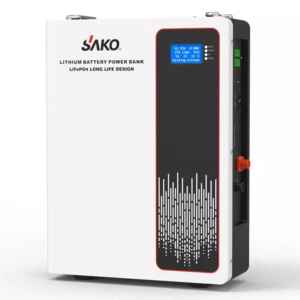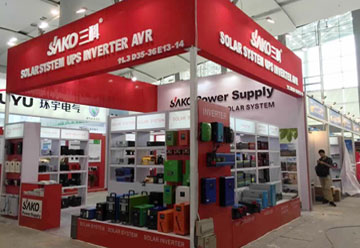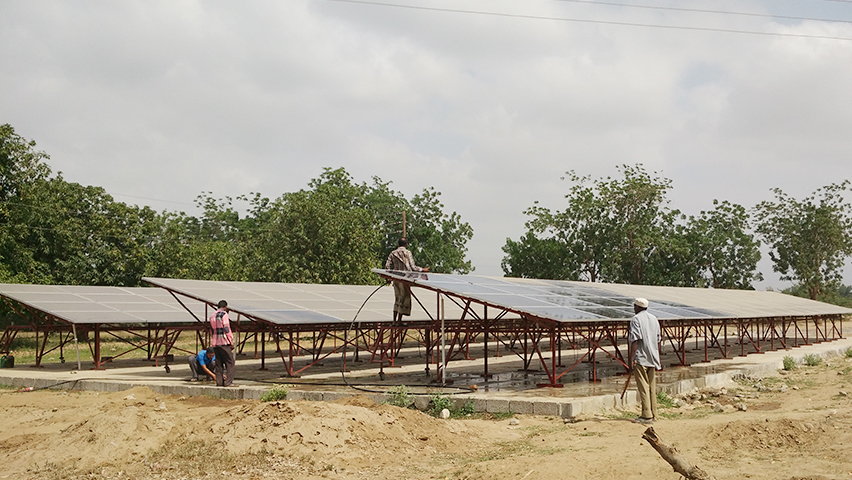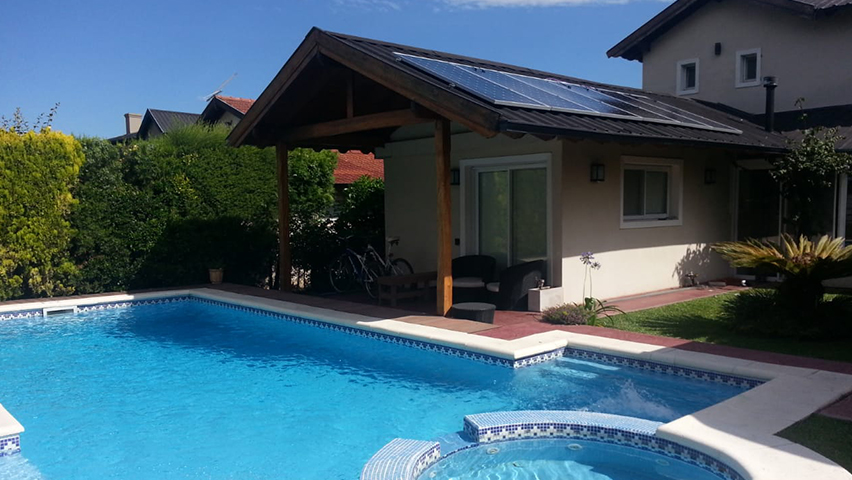When using a power inverter to convert DC power into AC, you need a source of energy to start your generator. Smart lithium battery is the best choice for this purpose because it has advantages like long life, low maintenance, and high capacity.

What is a lithium battery?
Lithium batteries are becoming increasingly popular for use in inverters. A lithium battery is a type of rechargeable battery that uses lithium as the anode and carbon as the cathode. Lithium batteries have several advantages over other types of batteries, including:
-They have a high energy density, meaning they can store a lot of energy per unit volume.
-They have a very low self-discharge rate, which means they can be discharged and recharged many times without losing their capacity.
-They have a high discharge voltage, which makes them suitable for use in devices that require high voltages, such as electric vehicles and renewable energy systems.
What are the advantages of smart lithium batteries?
Smart lithium batteries are considered to be some of the most advanced battery types on the market. Here are some of the advantages of using smart lithium batteries in inverters:
-Higher Capacity: Compared to other battery types, smart lithium batteries have a higher capacity, which means that they can hold more energy and provide longer run times.
-Less Heat Generation: Smart lithium batteries don’t generate as much heat as other battery types, which means that they’re less likely to damage your inverter if they overheat.
-Durability: Smart Lithium batteries are known for their durability and long life spans, which makes them a great option for inverters that need to be able to operate under heavy loads for extended periods.
How can you make your inverter more energy efficient?
There are many ways to make your inverter more energy efficient. Here are a few:
- Use a smart lithium battery. A smart lithium battery is a type of battery that can be programmed to start and stop charging based on pre-determined schedules or events, such as when the power goes out. This helps reduce energy usage and helps you save money on your monthly bills.
- Invest in energy-saving equipment. There is a variety of energy-saving equipment available that you can use to reduce your inverter’s overall energy consumption, such as air conditioning units, water pumps, and lighting fixtures.
- Use renewable energy sources when possible. When possible, try to use renewable energy sources, like solar panels or wind turbines, to generate electricity for your inverter instead of fossil fuels. This can help reduce your overall carbon footprint and help you save money on your energy bills in the long run.
SAKO offers different smart lithium batteries, welcome to know.






